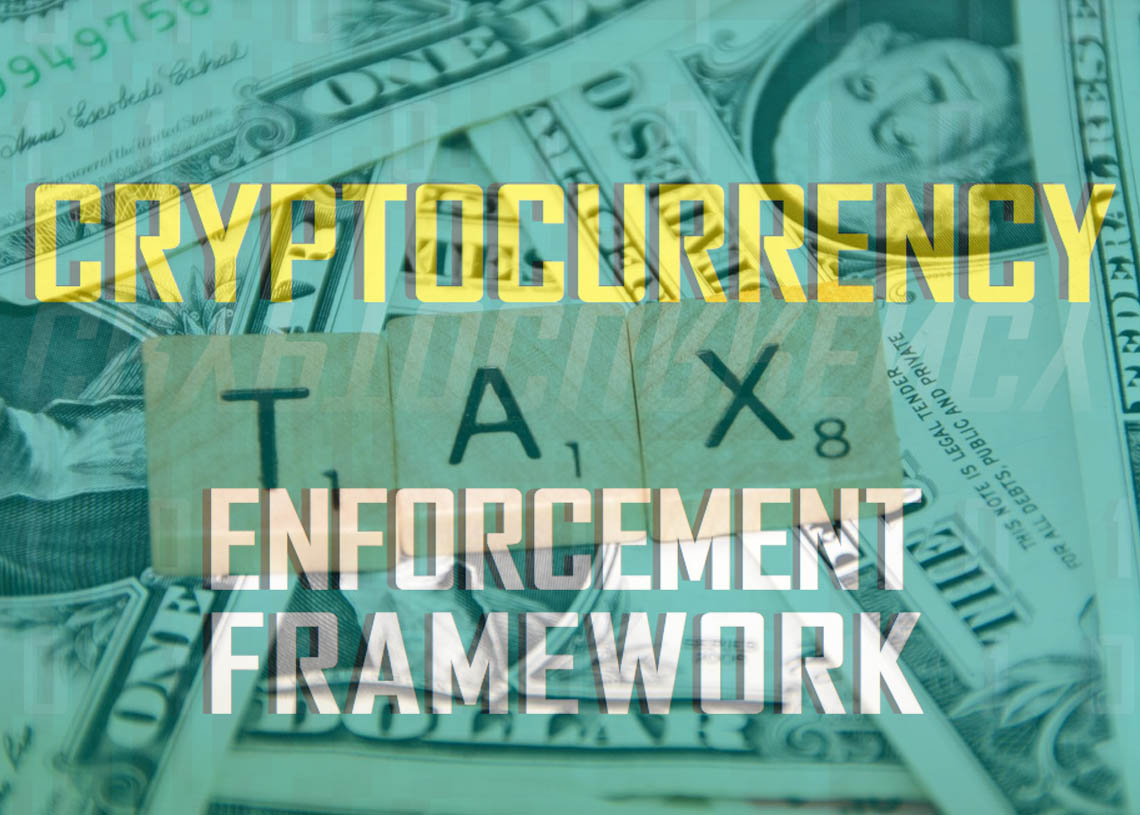Days after the initial outburst on the recent US crypto regulations, issues such as crypto tax evasion are now coming to light. The newly proposed regulatory document was bashed by the crypto community, given the strict nature and a biased stance on cryptocurrency carried throughout the document. However, when coupled with the IRS Tax Handbook, it makes a little more sense.
Monetary regulators worldwide have been highly focused on digitized transactions this year, with detailed attention on tax payments, evasions, and avoidance. Like any conventional tax crime, tax violators within the crypto world are dealt with strict tax evasion laws.
Crypto tax evasion is a global issue
A series of reports where crypto charges have been the fundamental subject has been issued this year by financial advisory bodies, namely Government Accountability Office, The Treasury Inspector General for Tax Administration, Canada, and the Organisation for Economic Co-operation and Development.
The US Attorney General’s Cyber Digital Task Force or the Department of Justice (DoJ) report as of late gave a far-reaching report plotting the United States structure for implementation against cryptographic money related violations. Although the report largely focuses on criminal activities, a major under highlighted concern is crypto tax evasion.
Heavy fines have been levied upon transgression and can be fined up to $100,000 ($500,000 for organizations) or detained as long as five years in addition to the expense of indictment.
Criminal Tax Attorneys highlight the crypto tax evasion of assets, i.e., deliberately removing certain incomes from the tax sheet and evading payments in its well-received IRS Tax crimes Handbook.
The ongoing John Mcafee case embodies both of these tax crimes. Recent reports from the judicial investigators unearth that millions earned through advertising, consultations, marketing of cryptocurrency, and giving away rights to his life story. McAfee supposedly neglected to document government forms through the years, despite getting significant salary from these sources.
McAfee endeavored to avoid the IRS by covering resources, including genuine property, a vehicle, and a yacht, in the names of others
An outstanding distinction contrasted with earlier years has been noticed where controllers basically centered around security extortion concerns identified in the case of Initial Coin Offerings (ICOs). Major international finance bodies are focused on shaping a unified tax regulation for cryptographic forms of money that would cover all gaps and loopholes.





